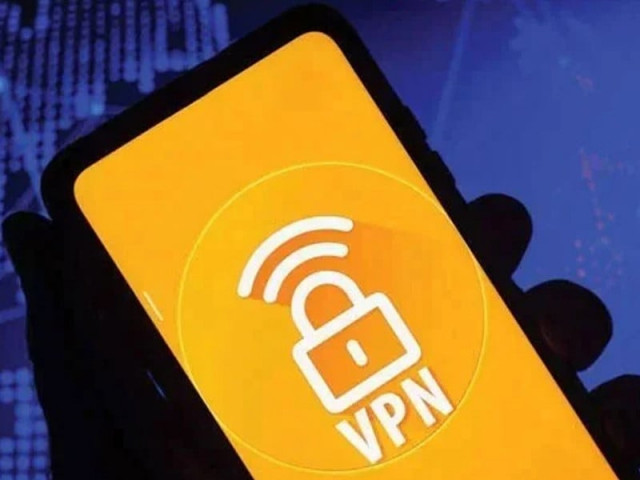VPN registration made mandatory
PTA clarifies action against illegal users after 30th

The country telecom regulator has made it mandatory for banks, embassies, IT firms and freelancers to get their Virtual Private Networks (VPNs) registered.
The Pakistan Telecommunication Authority (PTA) on Thursday held a consultation session at its headquarters, focusing on the registration and facilitation processes for the VPNs.
Key stakeholders, including the CEOs of the Pakistan Software Export Board (PSEB) and the Pakistan Freelancers Association (PAFLA), the chairman of the Pakistan Software Houses Association (PASHA), and representatives from the Ministry of IT and Telecom (MoIT), Ministry of Foreign Affairs (MoFA), and the State Bank of Pakistan (SBP) participated in the session.
According to a statement issued after the meeting, the PTA reaffirmed its commitment to enabling legitimate VPN users by ensuring data security and seamless internet access, especially for software houses, BPO firms, banks, embassies, and freelancers.
Stakeholders discussed mechanisms to improve VPN registration while ensuring business continuity and secure internet services. It said PASHA commended the PTA's facilitation efforts but urged for sufficient time for VPN registration and consultation on unregistered VPNs to avoid disruption.
Meanwhile, talking to the media in Islamabad, PTA Chairman Hafeezur Rehman said action against users of illegal VPNs will not begin after November 30.
He clarified that the decision to extend the deadline for VPN registration rests with the government. "The PTA's role is limited to regulation and implementation. The government issues directives and policies, while the PTA ensures their execution," he said.
Earlier, addressing a seminar on youth safety arranged by social media platform TikTok, the PTA chairman claimed that Pakistan ranks far behind in internet shutdowns within the region.
He said the perception that VPNs are being blocked in the country is incorrect, adding that many countries regulate VPN usage. He said the first VPN in Pakistan was registered in December 2010, and a 15-year period has already been given for VPN registration.
Rehman acknowledged the necessity of VPNs for business purposes.
"Ensuring the safety of children's futures is a shared responsibility. Article 19 of the Constitution provides freedom of expression but also includes cultural boundaries," he said.
Talking with reference to complaints about unethical and anti-state content, he said such issues are forwarded to social media platforms with requests to promptly remove such material. He reiterated that regulating VPNs is a global practice adopted by many nations.
Earlier, addressing the seminar, Minister of State for IT Shaza Fatima Khawaja emphasized that protecting children in the digital world is of utmost importance.
"Ensuring online security for children is a significant challenge, with cyber security concerns increasing daily. Countries like Australia have legislated the use of social media by children, and the United States has also passed laws to ensure children's online safety," she said.



















COMMENTS
Comments are moderated and generally will be posted if they are on-topic and not abusive.
For more information, please see our Comments FAQ